Deportation of Africans Migrants from U.S. Land in Ghana Amid Growing Legal and Human Rights Disputes
Accra is bracing for the arrival of at least 40 more African migrants from the United States in the coming weeks, Ghana’s Foreign Ministry has confirmed. The development follows a controversial wave of removals carried out under former U.S. President Donald Trump’s tough immigration policies, which often redirected deportees to third countries rather than their nations of origin.
Already, some of the migrants expelled to Ghana earlier this month have been transferred to neighboring states, prompting lawsuits and raising questions about how African governments are handling the U.S. crackdown.
Court Challenge Against Deportations
According to Ghanaian lawyer Oliver Barker-Vormawor, at least 11 deportees sued the Government of Ghana to stop further expulsions. However, while the case was pending, six of the men were sent to Togo over the weekend. One deportee was released to relatives in Ghana, while the whereabouts of others remain uncertain.

Lawyers allege the deportees had valid protection orders from U.S. immigration authorities. Many were asylum seekers who fled political persecution, religious conflict, or threats based on sexual orientation. “These individuals were not only seeking safety but had formal claims pending in the U.S.,” Barker-Vormawor told reporters, describing the removals as unlawful.
Profiles of the Expelled Migrants
The deportees hail from several West African countries, including Nigeria, Togo, Mali, Liberia, and The Gambia. They were flown to Ghana in early September, although news of their arrival surfaced only a week later.
Court documents reveal the group included four Nigerians, three Togolese, two Malians, one Liberian, and one Gambian. While some were temporarily accommodated under Ghana’s regional visa-free travel protocols, others were quickly sent across borders.
One Gambian national, identified as bisexual, has gone into hiding since being returned to his home country, where same-sex relationships remain criminalized. His case underscores the risks faced by deportees with vulnerable identities.
Ghana’s Position in U.S. Deportation Policy

Under Trump’s administration, the U.S. expanded deportations to include non-origin countries, sending migrants to third-party nations such as El Salvador and, more recently, Ghana. Critics say the policy sidestepped asylum protections and international refugee laws.
For Ghana, the arrangement was struck at a time when relations with Washington were strained by tariffs, visa restrictions, and debt relief negotiations. Officials insist the decision to host deportees is rooted in humanitarian considerations rather than political alignment. “Accepting these individuals does not mean Ghana endorses U.S. immigration policy,” said Samuel Okudzeto Ablakwa, a former deputy foreign minister.
Domestic Backlash and Political Debate
The decision has triggered sharp responses from Ghana’s political opposition, who argue Parliament was not adequately consulted before deportees were allowed into the country. Initially, authorities announced that 14 deportees would be permitted to stay temporarily before returning to their home nations. However, conflicting reports later revealed only three returned directly, while the rest remained in limbo.
Civil society groups and human rights advocates have also raised concerns about the secrecy surrounding the process. Journalists have struggled to verify the exact number of deportees, their treatment in detention, or the agreements governing their transfer.
Concerns Over Rights and Safety
The conditions of deportation and detention remain a pressing concern. U.S.-based lawyers for the deportees allege that those held in Ghana were kept under military guard in poor facilities. One Nigerian deportee claimed he fled his home country after being tortured by security forces, only to face uncertain legal status upon arrival in Accra.
Experts warn that forced removals without due process could put vulnerable migrants at grave risk. With many asylum seekers citing persecution linked to religion, politics, or sexuality, deportations could mean life-threatening consequences in their home countries.
What It Means for Africa’s Migration Policies
The deportations highlight Africa’s complex relationship with U.S. immigration policy and raise questions about regional solidarity. Ghana’s handling of the issue could set a precedent for how other African nations manage similar cases. The controversy also exposes the lack of robust asylum systems in many West African states, leaving deportees caught between international politics and domestic limitations.
At a broader level, the case sheds light on migration dynamics between Africa and the U.S., where thousands of Africans continue to seek asylum each year despite heightened enforcement. According to the Migration Policy Institute, African asylum applications in the U.S. nearly doubled between 2010 and 2020, reflecting ongoing instability and persecution in parts of the continent.
Looking Ahead
As Accra prepares for the arrival of another 40 deportees, the debate is far from over. Balancing humanitarian obligations, diplomatic ties, and domestic politics will remain a delicate task for Ghana. For the deportees themselves, however, the struggle is not just political, it is a question of safety, dignity, and survival.
Read also: Trump’s Bold Gamble: Sergio Gor, Called a ‘Snake’ by Elon Musk, Appointed U.S. Envoy to India



